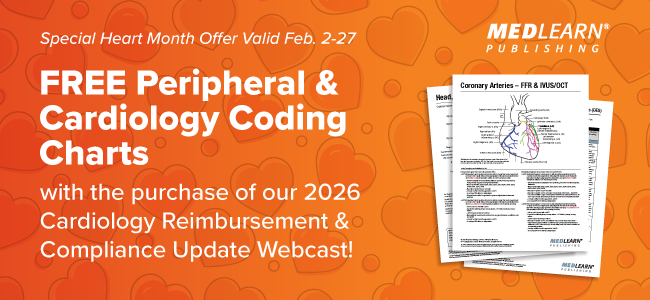When titans collide, sparks will fly.
And that might have been the idea on Tuesday of this week, when President Donald Trump, following the pomp and circumstance of the presidential inauguration and the attendant ceremonies the day before, announced a major artificial intelligence (AI) infrastructure project called Stargate.
No sooner had the President announced plans for this massive project, his appointed chairman of a task force to reduce government spending, Elon Musk, said the backers didn’t have enough financial strength to pull off such a massive undertaking – a notion quickly refuted by OpenAI CEO Sam Altman.
According to media sources, the joint venture involves OpenAI, Oracle, SoftBank, and MGX. The goal is to invest up to $500 billion over the next four years to develop AI infrastructure in the United States.
Larry Ellison, Chairman and Co-Founder of Oracle, said in a press conference – held in the presence of President Trump – that 10 data centers are currently under construction, and each is a “half million square feet.” Ellison said that the number of data centers is expected to grow to 20.
Construction has already begun on first data centers in Abilene, Texas. These centers will house advanced computing systems essential for AI development.
Stargate is expected to create over 100,000 jobs in the U.S. and enhance national competitiveness in AI technologies, according to media sources. The Associated Press reported that Stargate represents a substantial private-sector commitment to advancing AI infrastructure in the United States, with significant investments and collaborations among leading technology companies.
RACmonitor investigative reporter Edward M. Roche, a longtime contributor to RACmonitor and Monitor Mondays, was enthusiastic when he spoke of the immense size of this project.
“Stargate is larger than either the Manhattan Project, which created the atomic bomb, or the race to put a man on the moon,” Roche wrote in an email to RACmonitor.
Ellison also heralded the project’s potential benefits to healthcare in America, a notion that Roche amplified.
“There is a promise of better medical diagnostics and imaging, personalized medicine, remote monitoring, and telehealth for patients, clinical decision support systems, and ‘in silico’ drug discovery and development,” Roche said. “AI promises to quickly identify options for drug repurposing, and with synthetic data generation, it should be possible for new compounds to infer pharmacodynamics and pharmacokinetics, including absorption, distribution, metabolism and excretion (ADME) properties.”
Roche went on to say that Stargate “promises to shave down the more than $1.4 trillion spent each year for billing and insurance, and other record-keeping costs.”
Roche is expected to report more on this developing story during the next edition of Monitor Mondays on Jan. 27. The next day, Jan. 28, Rose Dunn, a longtime contributor to ICD10monitor, is expected to report on the implications of Stargate relative to health information management (HIM) personnel during the live edition of Talk Ten Tuesdays.























